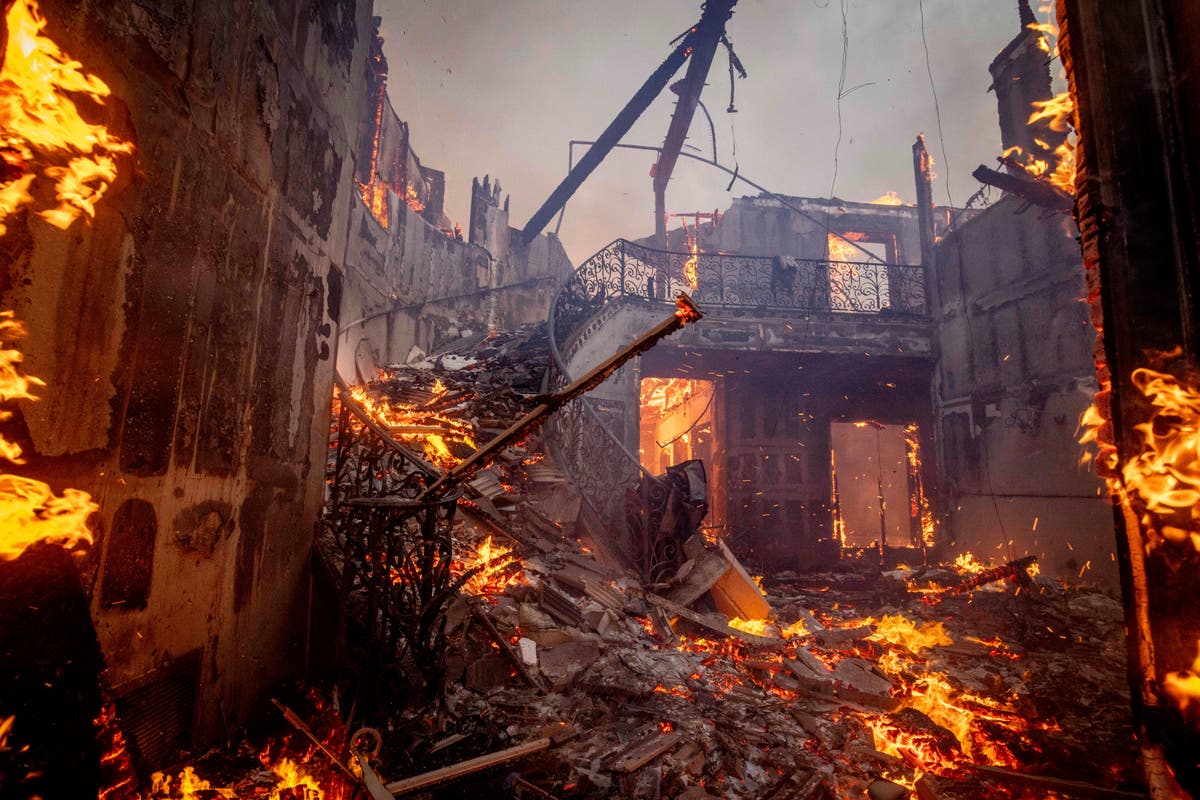A devastating plane crash at Muan International Airport in South Korea has resulted in numerous fatalities, with only two crew members believed to have survived. The Jeju Air flight, originating from Bangkok, carried 175 passengers and six crew members when it experienced a catastrophic landing.
The aircraft, a Boeing 737-800, reportedly crash-landed on its belly, skidding along the runway before erupting into flames. Initial reports suggest a landing gear malfunction may have been a contributing factor to the accident.
Emergency responders were quickly dispatched to the scene. While two crew members were rescued alive from the wreckage, hopes of finding additional survivors have diminished. Authorities have mobilized over 700 personnel from the police, military, and coast guard for the ongoing rescue and recovery efforts.
Footage of the incident, captured by several South Korean news outlets, depicted the plane sliding at high speed, colliding with an embankment, and subsequently catching fire. Both the front and back landing gear were not visible in the videos. The subsequent fire required firefighters to deploy water cannons to extinguish the blaze.
South Korea’s acting president has designated the site of the incident a special disaster zone, and has pledged to undertake a complete investigation. Aviation investigators are working to recover the flight recorders, commonly known as "black boxes," which will offer insight into the circumstances that led to the crash.
Boeing, the aircraft manufacturer, has expressed its condolences and offered support to Jeju Air. Jeju Air's CEO has stated that the aircraft had shown no previous signs of trouble, but has deferred speculation on the cause pending a formal government investigation. The incident has been described by one aviation journalist as "perplexing," given the aircraft and airline’s strong safety records, and also with the excellent flying conditions on the day.







